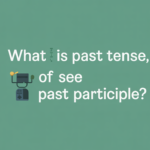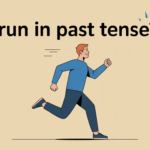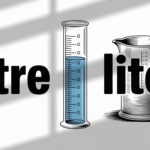What Is the Plural of Bronchus? A Complete Guide to Medical and Common Usage
Understanding medical terms can feel like decoding a foreign language, especially when Latin or Greek roots are involved. One such term that often raises questions is “bronchus.” If you’ve ever wondered about the plural of bronchus or how to use it correctly in writing and speech, you’re in the right place. This guide offers a […]
Read More »






